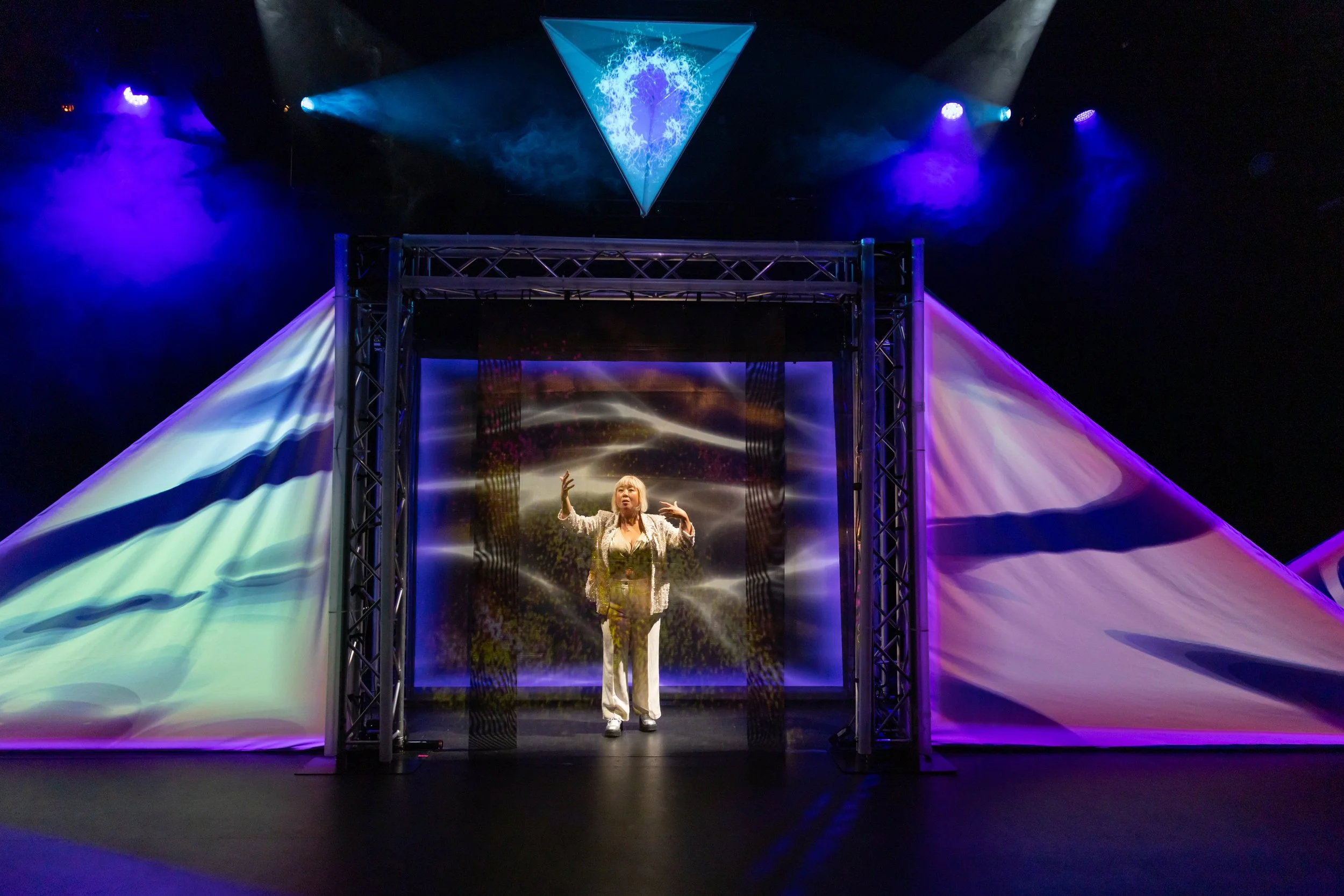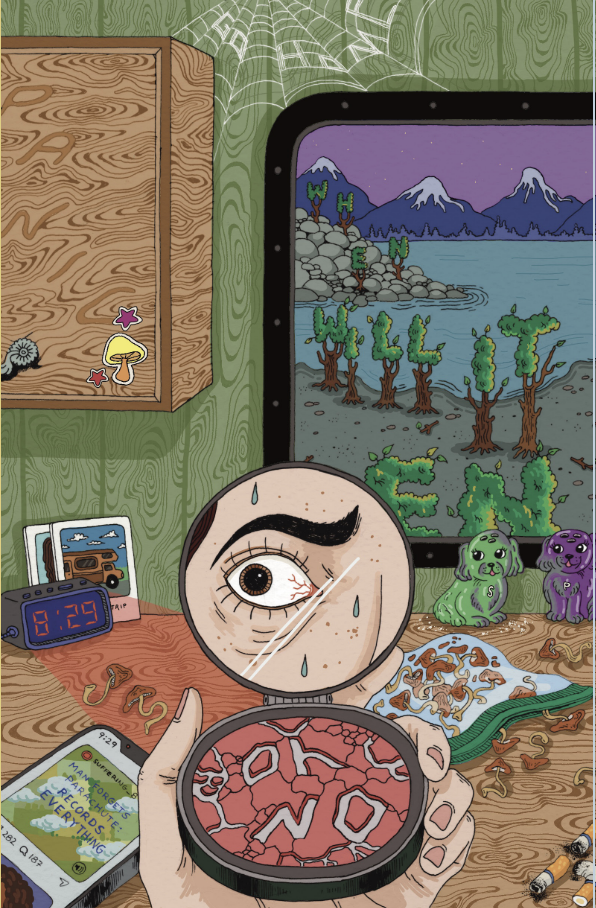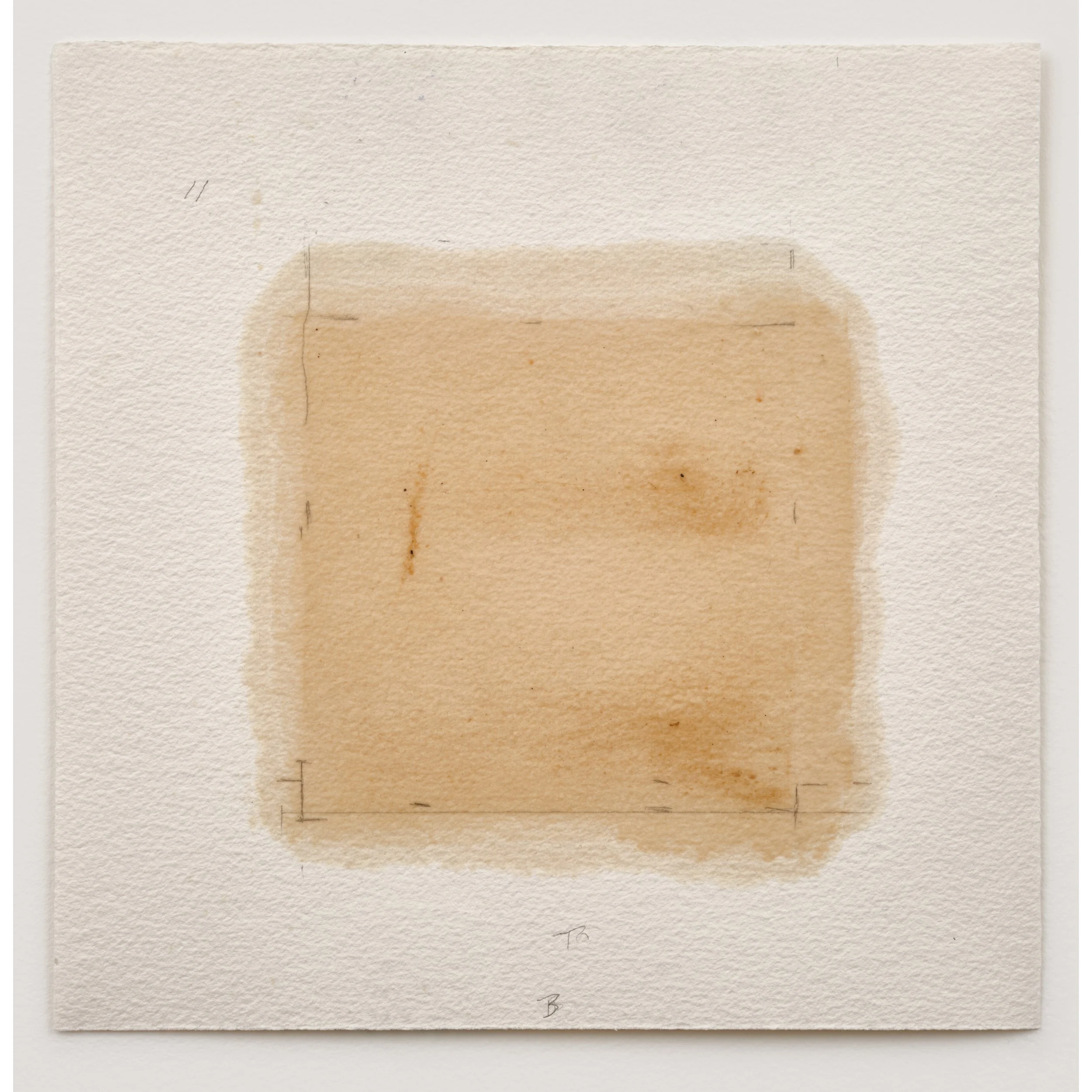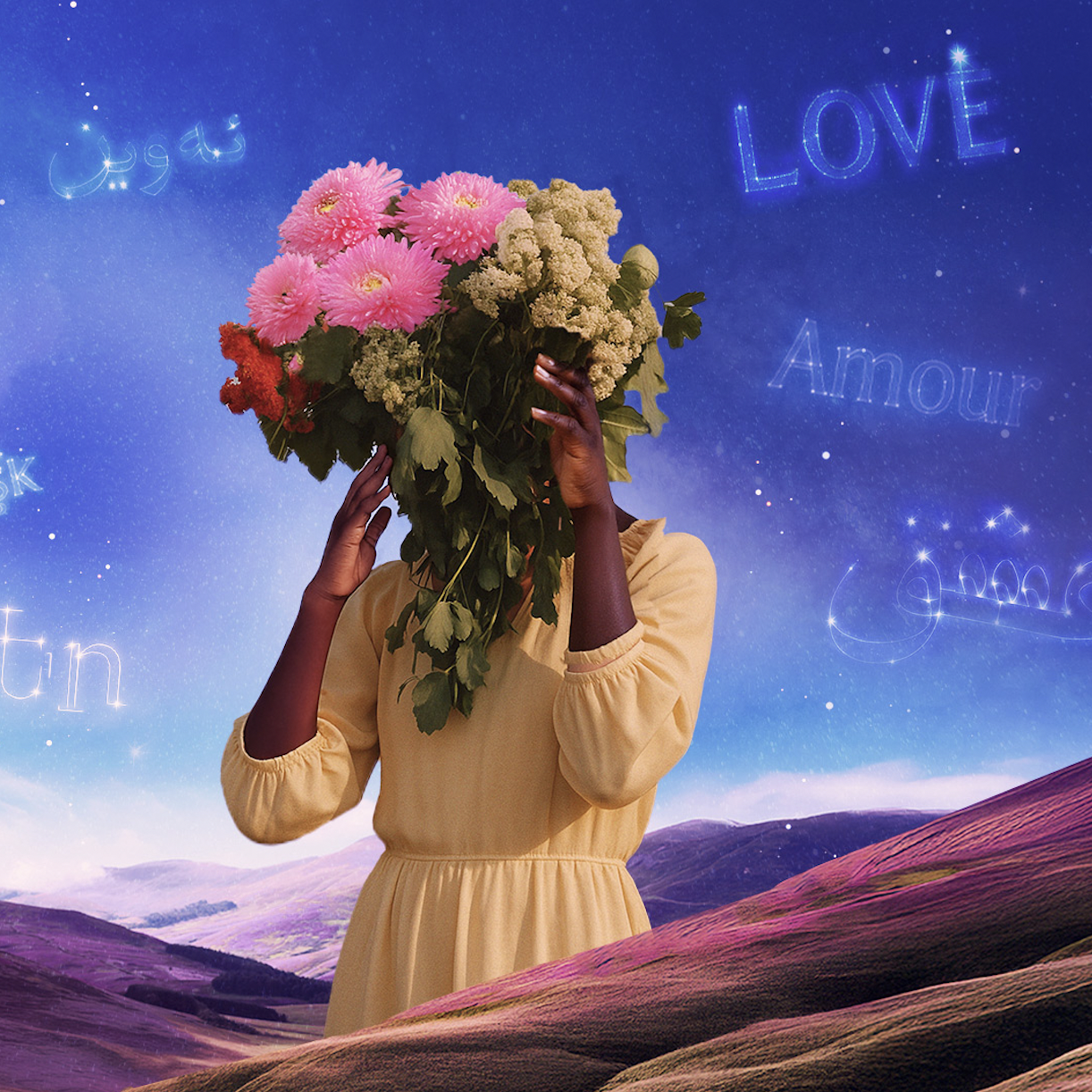Review: REVERB Queer Reading Series
/Photo by Ray McEachern
“They warned me about poetry,” Vivek Shraya told the audience. There was no need to elaborate, everyone knows that no one reads poetry anymore. But on this Wednesday night at the Gallery Gachet in Vancouver’s Downtown Eastside, every seat in the room was full.
This latest installment of the REVERB Queer Reading Series strove to realize a broad accessibility that seemed limited only by the room’s capacity. To this end, performers were accompanied by an ASL translator, free childcare was offered onsite, and active listeners were available should audience members need to debrief.
The reading series began in 2013 with a mandate to provide a space for queer and marginalized writers to share their work. On this night we heard from Jennie Duguay, whose poems offered a raw examination of pain’s many manifestations. She prefaced one work with a cheeky trigger warning for Christianity. Cecily Nicholson, who is also an administrator at Gachet, shared rich and lyrical pieces that dealt with discomforting topics like poverty and police brutality. Spoken word artist Molly Billows conducted an eye-opening tour of Vancouver’s perennial tourist attraction, Stanley Park. I think I will look at the totem poles a little differently now that I know they were erected on the site of the razed homes of the park’s previous inhabitants.
Photo by Ray McEachern
The final contributor was Vivek Shraya. Shraya hadn’t heeded the warnings received about poetry and the night marked the launch of her collection of poems, even this page is white. She performed her pieces with theatrical flair, perhaps owing to time spent on stage as part of her band, Too Attached. The poems dealt with issues of race, sexuality, and gender in unadorned language that confronted the audience and let no one off the hook. “is acknowledgement enough/ i acknowledge i stole this/ but i am keeping it social justice/or social performance,” she asks in the poem indian. Later in the same work, she questions herself after locking the car door as a black man approaches in Baltimore. What some might consider political was clearly intensely personal in this room. When Shraya fought back tears during one piece, others could be observed discreetly wiping them away.
Judging by the response at this event, poetry certainly still seems powerful and relevant. Artists had things to say and people were there to listen. The night’s venue, Gallery Gachet, displayed work by artists as part of an online auction. Funds from their sale would go to support the Gallery, its future uncertain now that Vancouver Coastal Health has cut its funding after 21 years. The artist-run centre aims “to demystify and challenge issues related to mental health and social marginalization in order to educate the public and promote social and economic justice...through artistic means.” Beyond hosting REVERB, the gallery is also home to regular visual art exhibitions and expressive arts classes that are open to community members. Once we lose spaces like this, where will the voices we don’t often hear be heard?
To find out more about REVERB, check out reverbqueerreadingseries.weebly.com. Stay tuned for the next REVERB reading series in November 2016.







